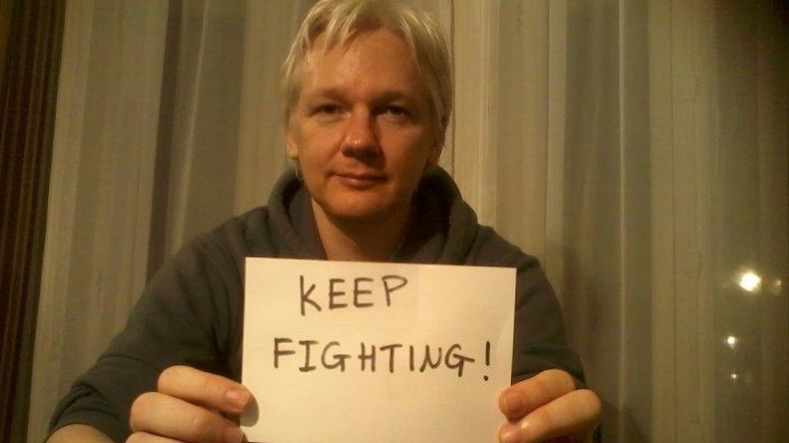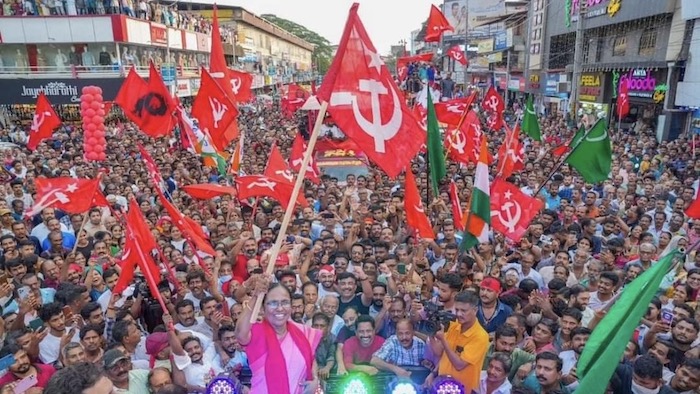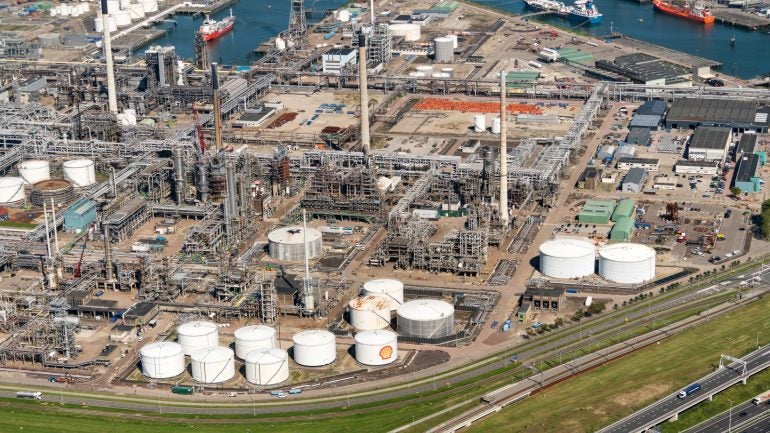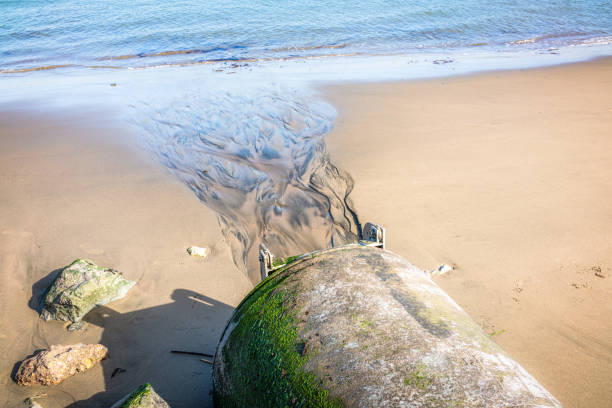Media freedom faces unprecedented threats globally, reports say on World Press Freedom Day
Original article by Abdul Rahman republished from peoples dispatch under a Creative Commons Attribution-ShareAlike 4.0 (CC BY-SA) license.

Israel has killed over 100 Palestinian journalists in seven months of its war on Gaza while Julian Assange has spent over 1850 days in prison for merely doing his duty
Journalists and independent media outlets are facing an unprecedented decline in press freedom and a rise of state repression all across the world, according to the annual report published by Reporters without Borders (RSF) on the occasion of World Press Freedom Day on May 3.
RSF claims that the physical security of journalists continues to be the main threat to press freedom, noting that over 100 Palestinian journalists have been killed by Israel in Palestine in the last seven months of war in Gaza. RSF’s World Press Freedom Index of 2024 notes with worry that in most of the countries, political authorities supposed to protect press freedom, have emerged as the primary threat and the world has seen a “worrying decline in respect for media autonomy.”
RSF’s findings draw attention to the long incarceration of Julian Assange with a threat to his life. Assange’s example presents the significant indictment of the governments in the West who otherwise claim to cherish media freedom.
World Press Freedom Day was first proclaimed by the UN General Assembly in December 1993 on the recommendations of the UNESCO general conference as a reminder to governments across the world of their commitment to free press. The day also underlines the need to take steps to defend the media from attacks on its independence and to commemorate all the journalists and media workers who have lost their lives in the line of duty.
Several reports confirm RSF’s figure of the killing of over 100 Palestinian journalists by Israel in its war against the people of Gaza in the last seven months. Meanwhile, local Palestinian sources claim the figure is above 140. Due to Israel’s genocide, Palestinian territories, with a population of less than seven million, have emerged as the deadliest place on earth for journalists in the last year.
Free Julian Assange!
Julian Assange, the co-founder of Wikileakes, will be spending his 1850th day in prison for his work exposing the deliberate killing of civilians by the US forces during the Iraq and Afghanistan wars more than a decade ago.
Assange has been kept in the British jail with repeated threats of extradition to the US, where he would face charges under the Espionage Act that could total a sentence of 175 yearsAssange’s continued incarceration despite his severe mental and physical health issues by some of the most “celebrated governments” on the RSF’s Index, is the best example of intolerance of the governments in the West to the truth.
Activists and friends of Assange have used the occasion of the World Press Freedom Day, reminding that it “was established to celebrate the value of truth and to protect the people who work courageously to uncover it” reiterated their demand of dropping all the charges and his immediate release from prison.
In the same countries that try to cover up Assange’s unjust imprisonment while championing press freedom, journalists and media groups also face challenges. Some journalists have lost their jobs altogether, especially with regards to opposition to outlets’ position on Israel’s genocide in Gaza. In recent years, several media organizations have faced forced closures and censorship under the guise of “foreign state influence”. Some of these countries are among the highest ranked in the RSF’s index as well, with Germany, one such offender, apparently improving its rankings.
The threat of losing their jobs has historically forced many journalists in the West to fall in line and manipulate truth. For example, in the case of Israeli genocide in Gaza many journalists fall in line with their outlets role to support the unshakeable US support to Israel and deliberately misrepresent the horrific truth of what is happening.
The fight for press freedom continues but as the threats to the well being of Julian Assange and the journalists in Gaza show us, there can be no free press as long as imperialists continue to vie for global domination.
Original article by Abdul Rahman republished from peoples dispatch under a Creative Commons Attribution-ShareAlike 4.0 (CC BY-SA) license.



